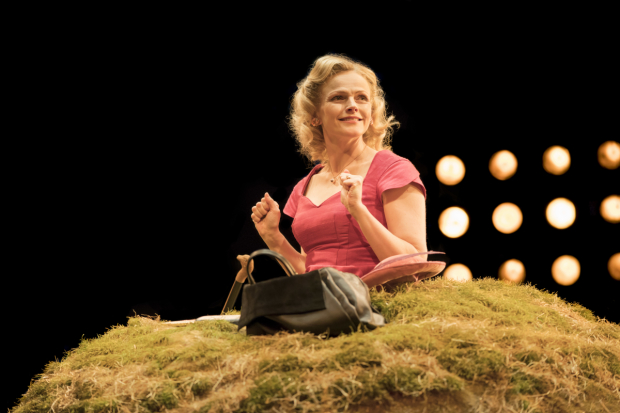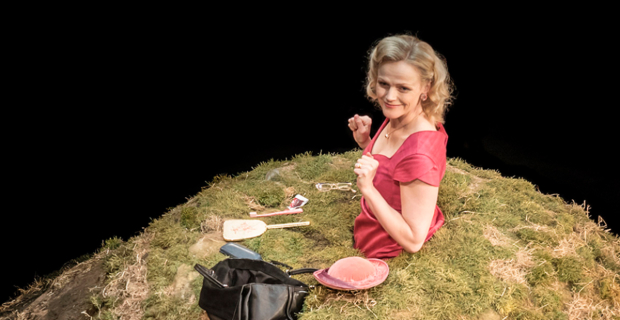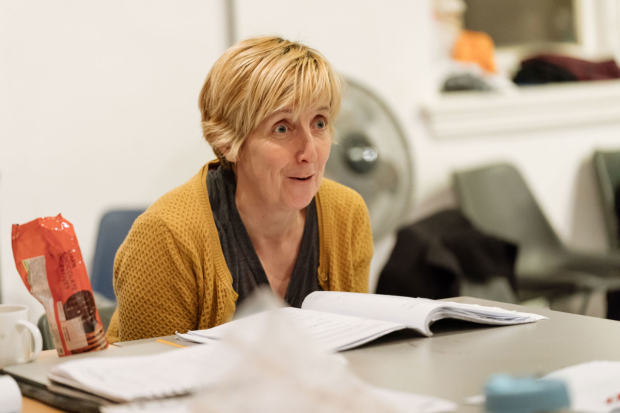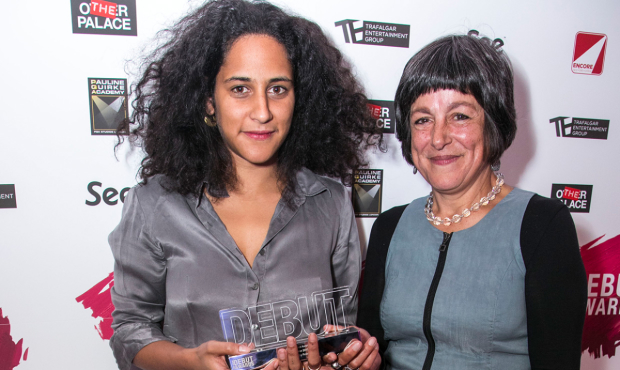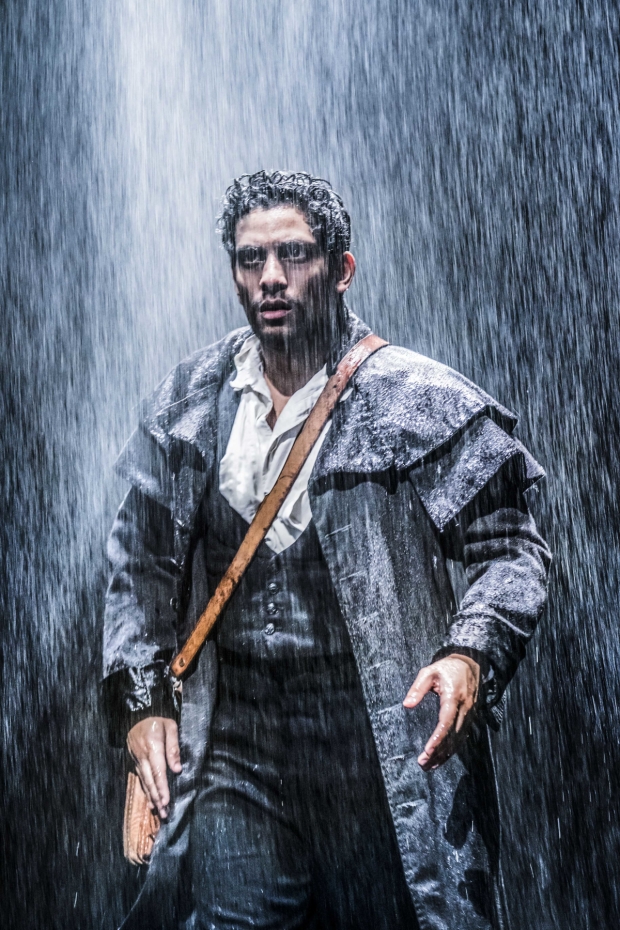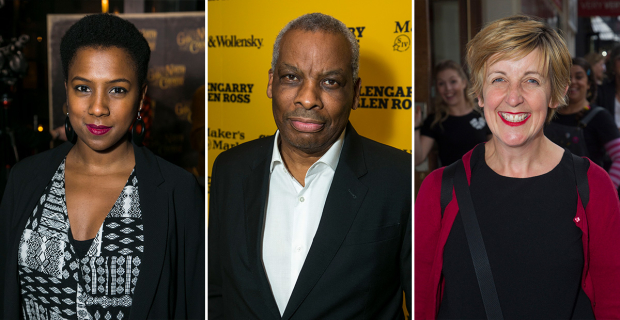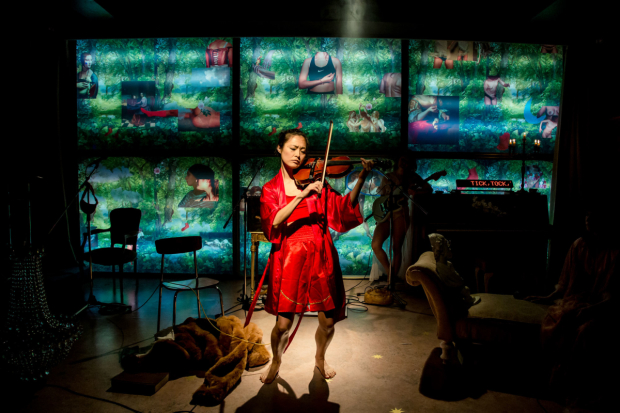Review: Queens of the Coal Age (Royal Exchange Theatre)
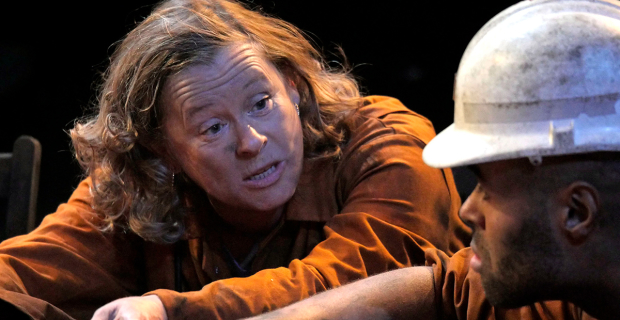
© Keith Pattison
British theatre has certainly mined a rich seam over the last couple of decades when it comes industrial nostalgia. Sting's The Last Ship is currently touring, while the cast of The Full Monty seems consigned to never-ending hellish-hotstuff. But they're decidedly masculine productions: Maxine Peake's Queens of the Coal Age is determined to tell a story that feels familiar, but brings a very different perspective to unemployment, Thatcher and mineral extraction.
This take – written by Peake, directed by Bryony Shanahan and based on a true story – predominantly focuses on the humour of the situation and the interplay at the four women at the heart of it, notionally led by Anne Scargill (Kate Anthony), wife of the then-NUM leader 'King' Arthur. With three other miners' wives she determines to occupy a closure-threatened pit on Merseyside and bring attention to the plight of communities ravaged by closures.
We spend a lot of time with the four women as they try to keep themselves occupied over several days, with only solidarity, army blankets and imaginary dogs to keep them company. Swaddled in naff anoraks, tie-dye and "Midnight Rendezvous" hair colour, the quartet embark on a journey that is grimy, occasionally dark and decidedly earthy. If you didn't laugh you'd probably cry, which probably explains the farts, exploding knickers and jazz mags that pepper the script.
But there's always a counterpoint to these folkloric tales of stiff upper Northern lips that retell the story of working-class, post-war Britain: of anxiety, powerlessness and anger at the government and police. There are also swipes at the 'beef bourguignon brigade' – the university-educated poverty tourists who patronise the pickets before heading home for Radio 4 and fancy wine.
Men get it in the neck too, but there's a balance reflected in the way the women acknowledge their feelings towards the unfairer sex. The odd visit from men both friendly and hostile, to deliver supplies and encourage them to end their protest, inject different perspectives. The young, mixed-race Michael (Conor Glean) signals a new generation with very different outlooks, interests and experiences to the white working-class of the mid-20th Century.
The theatre-in-the-round setting is put to good use with nothing less than a pit head lift convincingly created within the confines of the theatre in an attempt to recreate the dank, dangerous mine. There has perhaps never been a stage so dark as the Royal Exchange's for this production, often barely lit by headlamps – one of the acknowledged 'miner details' that give set, sound design and lighting such authenticity. The audience could be seen pulling their coats around their shoulders on a very hot July night – it was the cold and black of the pit they were feeling.
Where Queens of the Coal Age has a problem it's in the relative lack of threat or urgency. Once the women have occupied the mine there's nowhere to go apart from back to the surface. It's not clear what, if anything, has been achieved through the women's occupation of the pit. Perhaps the occupation in and of itself, is the point, and in the retelling of this important story the four women might finally feel their ordeal commanded the attention it richly deserved back in 1993, half a world away.



